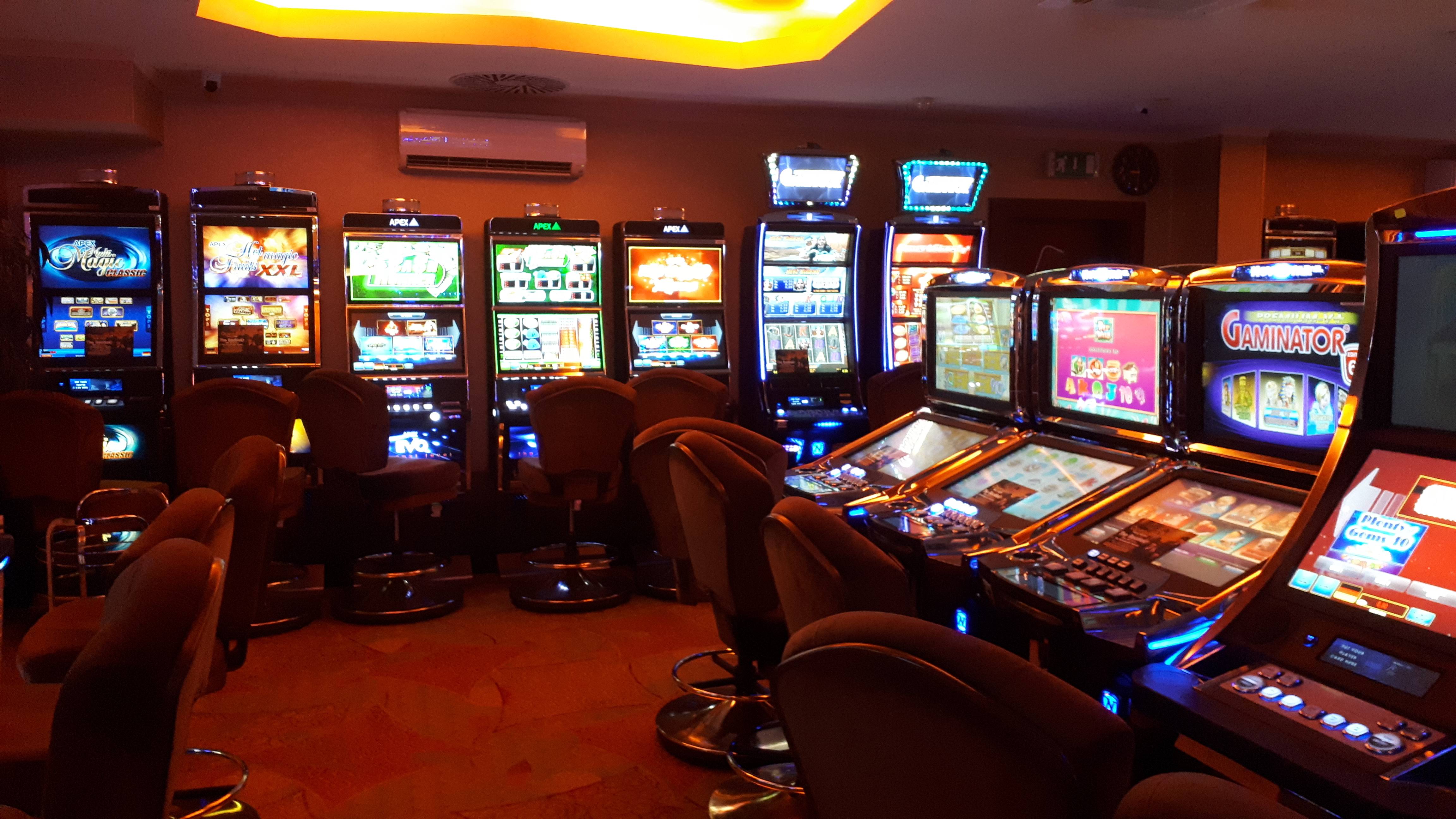Gambling Games and Their Impact in Popular Culture
Casino experiences have long captured the fascination of people around the world, becoming an essential part of both leisure and culture. From the shimmering lights of Las Vegas to the captivating experience of internet gambling, these games evoke excitement, danger, and sometimes even a sense of remembrance. They are more than just pastimes; they have woven themselves into the texture of society, influencing various aspects from cinema and melodies to fashion and books.
The appeal of casino games transcends the betting aspect, tapping into broader themes of luck, possibility, and psychology. As players gather around a gaming table or spin the roulette wheel, they engage in an age-old ritual that echoes with our communal desire for excitement and unpredictability. This obsession has led to the emergence of countless references in cinema, songs, and electronic games, showcasing how strongly entrenched these games are in popular culture. Whether it is the pressure of a classic robbery film or the vibrant nightlife portrayed in music videos, casino games have created a substantial role that reflects our connection with risk and reward.
Historical Impact of Gambling Activities
Casino activities have played a key role in social aspects throughout history. Originating from old civilizations, games of chance were often linked to ceremonies or gatherings. For instance, early iterations of gambling can be traced back to historic China and the Romans, where dice games and wagering on results were popular pastimes. These activities not only functioned as leisure but also as means of connecting people, facilitating connections among individuals within societies.
As societies evolved, so did the complexity and structure of gambling games. The establishment of official casinos in the 17th century, particularly in the Italian region, marked a notable shift in how games were perceived and structured. With specific spaces for gambling, the casino became a community center where patrons from different backgrounds gathered. This evolution contributed to the validation of the industry, transforming it from a mere pastime into an established industry that influenced economy and regulations.
The impact of gambling games on popular culture cannot be overlooked. As they were popularized in books and film, games such as Texas Hold'em and 21 became icons of risk, luck, and strategy. Famous characters and narratives have developed around these activities, reflecting societal attitudes towards luck, wealth, and immorality. This fascination with gambling games has infiltrated various forms of entertainment, solidifying their place in the collective consciousness and linking them to wider cultural stories throughout the ages.
Depiction of Gambling Games in Media

Casino activities have long been a popular subject in different types of entertainment, reflecting both the thrill and complexities of the world of gambling. Movies such as Ocean's 11 and Casino Royale portray characters who navigate high-stakes environments, showcasing not only the appeal of the gambling environment but also the strategies and decisions that come with playing popular games like poker and blackjack. These films often dramatize the thrill of winning and the potential consequences of losing, encapsulating the dangers involved in betting.
Television shows have also explored the universe of gambling activities, often integrating them into the narrative as a context for character development and conflict. Shows like Las Vegas depict the stories of casino workers and customers, highlighting the lively, often tumultuous energy of the casino floor. Reality shows featuring intense betting contests further emphasize the attraction of gambling activities, drawing viewers into the tension and strategy involved in each round. Through these portrayals, media not only entertains but also sparks conversations about luck, expertise, and the character of randomness.
Gaming have increasingly included casino games into their development, allowing players to experience the thrill of betting without financial risk. Titles within the realm of online gaming often include online slot machines, poker, and other popular casino games, creating an immersive gameplay that mirrors actual casino experiences. game bài These virtual portrayals make gambling activities accessible to a broad demographic, appealing to both gamblers and those who enjoy the thrill of virtual experiences. As a result, the portrayal of casino games in media continues to shape cultural attitudes and cultural significance, highlighting their place in society and social context.
Effect of Casino Games on Society
Gambling activities have a meaningful impact on society, influencing various aspects of culture and social behavior. They often serve as a venue for community engagement, where people gather to experience a common activity. Game nights with friends or trips to casinos become social activities that build connections and create memories. This communal aspect enhances the entertainment value of gambling activities, making them a popular choice for festivities and leisure activities.
Additionally, gambling activities have been portrayed in countless films, television shows, and literature, shaping views and opinions towards gambling and gaming. Icons like James Bond competing in baccarat or the intense poker scenes in films have cemented these games in the shared imagination. This representation often idealizes the culture associated with gambling, attracting new players and influencing trends in both style and conduct. These representations can ignite curiosity and lead to a more profound investigation of the intricacies of gaming.
However, there are also negative consequences linked to the widespread appeal of gambling activities. The allure of quick monetary gain can lead to problem gambling and economic troubles for some people. Society must contend with these consequences, promoting responsible gaming and education of the dangers involved. Finding a balance between the entertainment value of gambling activities with the potential for harm is vital to ensure that they remain a positive aspect of our cultural landscape.
